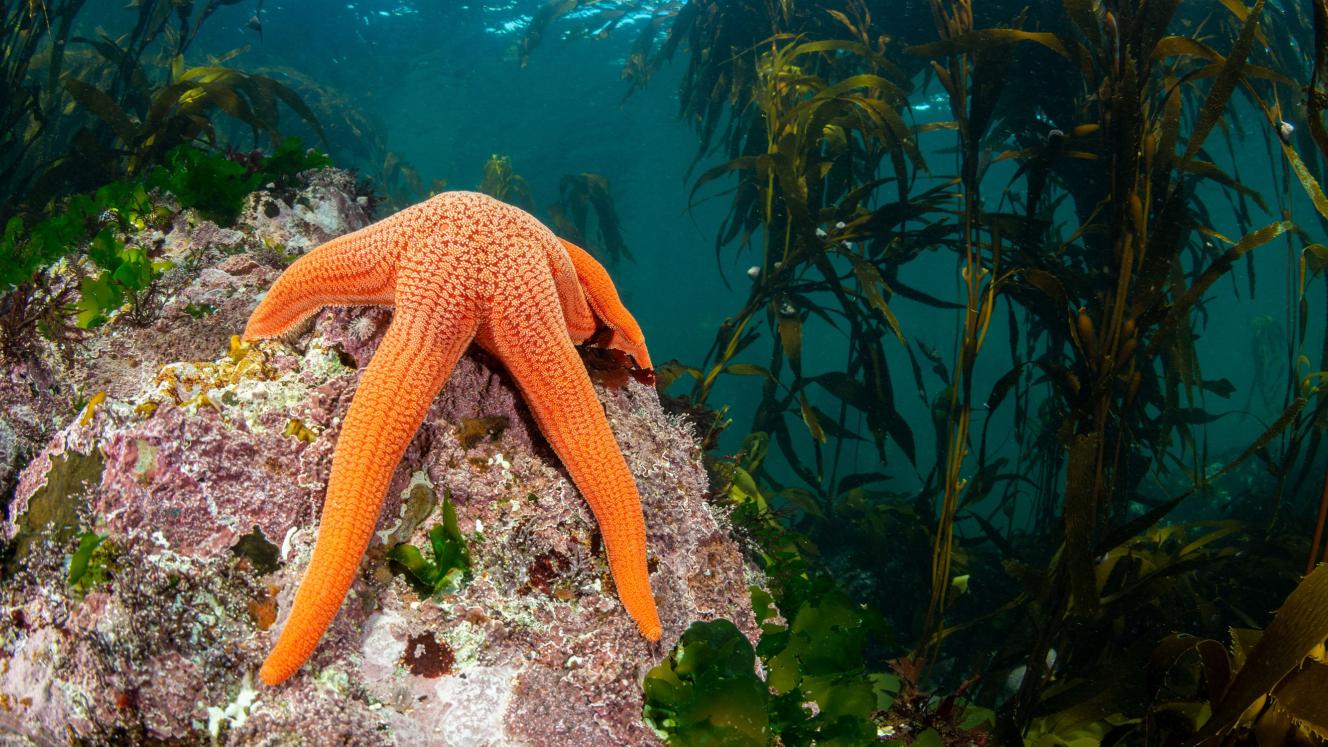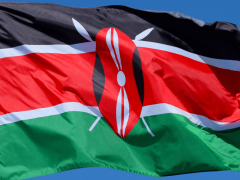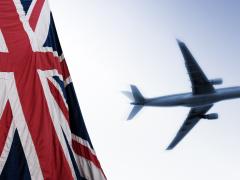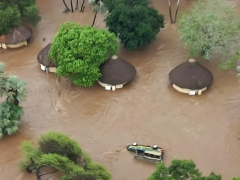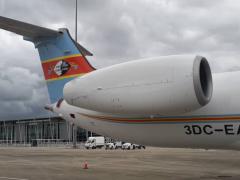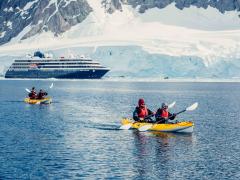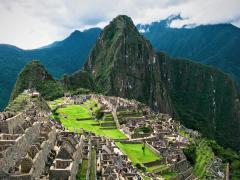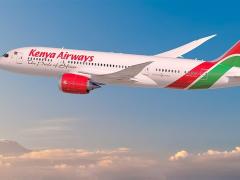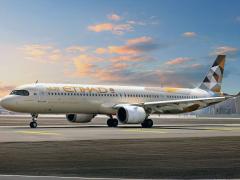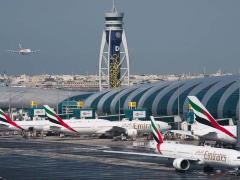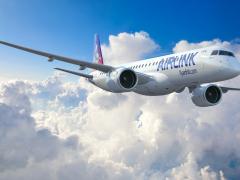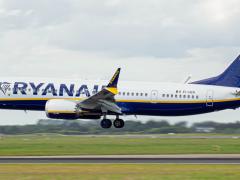Delta Air Lines has partnered with the Patagonia Azul Foundation to protect and restore some of the world’s most vulnerable marine ecosystems.
The foundation carries out its work in marine conservation, scientific research, and the development of innovative financial solutions for long-term conservation through close collaboration with coastal communities.
Recognising these communities as essential stewards of the marine environment, the foundation integrates cutting-edge science with local knowledge and community-driven initiatives to ensure that conservation efforts are both practical and sustainable.
A haven for marine biodiversity
In the heart of Chilean Patagonia, in the community of Raul Marin Balmaceda, lies the Multiple-Use Marine Protected Area (AMCP-MU) of Pitipalena Añihué, spanning 237sqkm.This pristine region is a sanctuary for a rich array of marine life, including kelp forests, marine mammals, seabirds and essential fish species.
The primary goal of the AMCP-MU is to conserve the environmental quality of these ecosystems, maintain the integrity of the landscape, and promote sustainable use of marine resources by the local community.
The partnership will finance cutting-edge technology, such as hyperspectral drones and surveillance equipment, to enhance ecosystem monitoring and scientific research.
This support will help track the health of the marine environment and ensure that conservation efforts are effective.
In addition, the programme will provide comprehensive training via workshops supported by experts like Rodrigo Hucke-Gaete and Universidad Austral de Chile to train local community members in monitoring local ecosystems and biodiversity. This will empower the community to conduct periodic monitoring, a government requirement.
Delta offers a daily, year-round flight from Atlanta to Santiago de Chile, with an additional frequency during peak season from December 11 to January 19.
